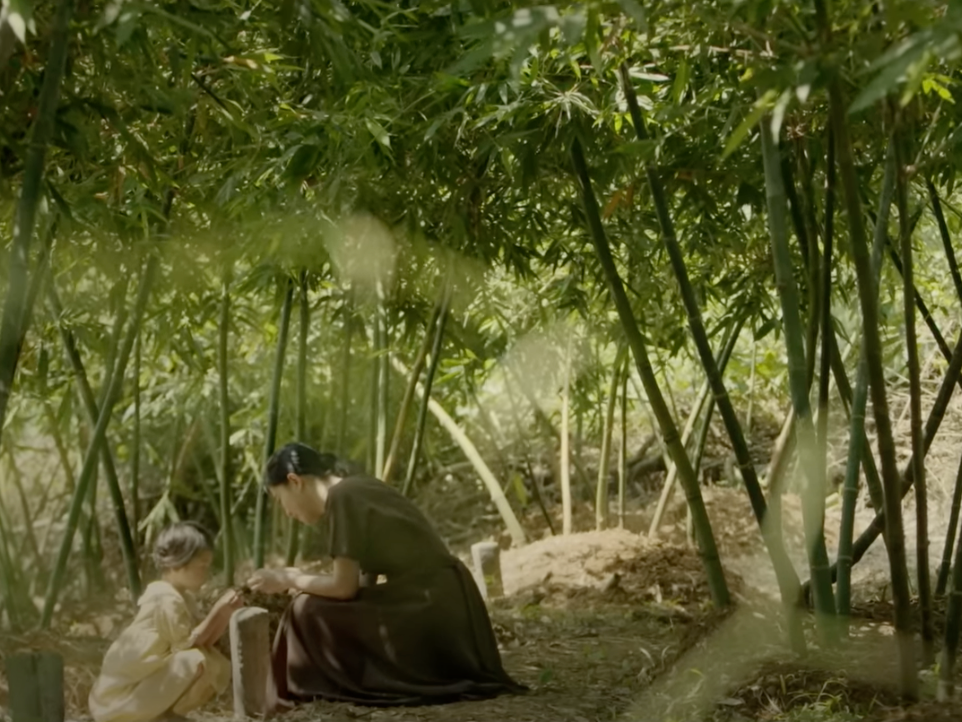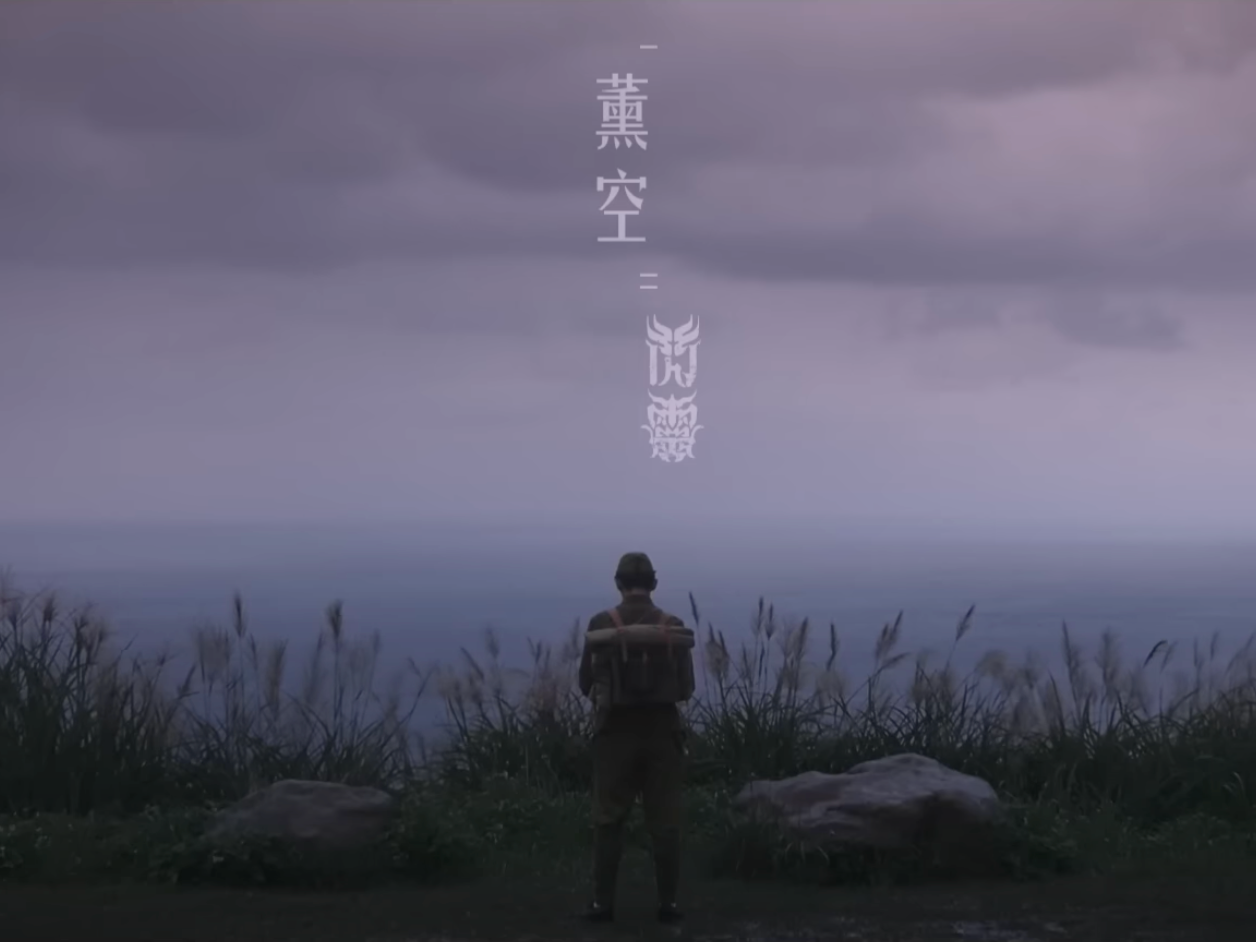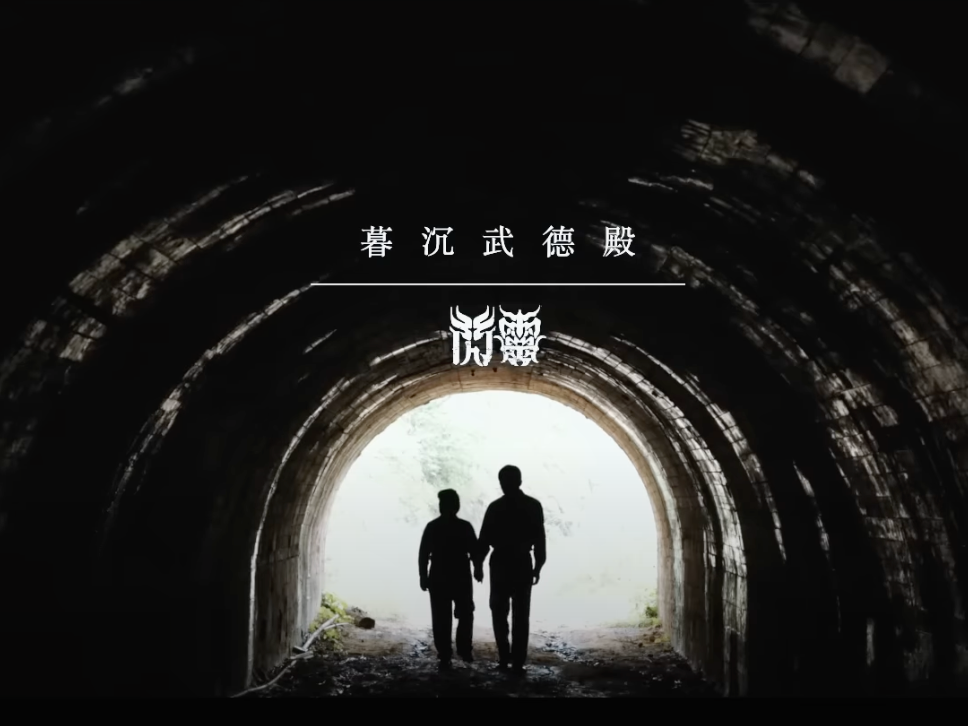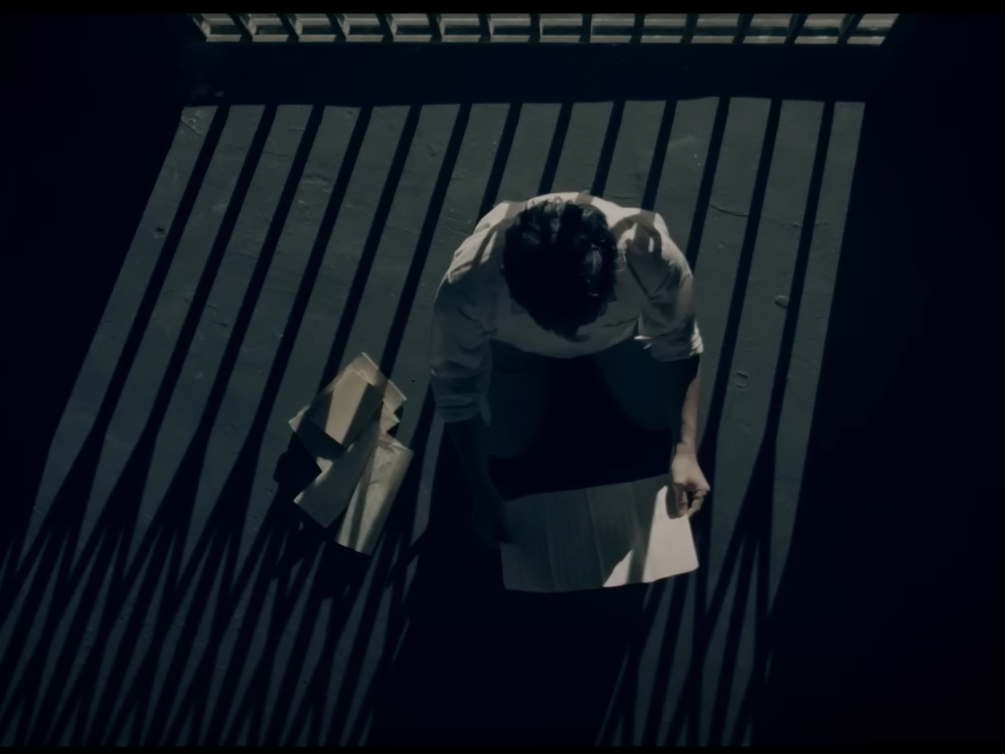Chthonic 閃靈 | "Pattonkan 護國山" (2023)
高一生 (Uong'e Yatauyungana, 1908-1954) was an educator, a political leader, a poet, and a musician. Following WWII, Chiang Kai-shek’s nationalist regime took control of Taiwan and declared martial law that lasted from 1947 until 1989. Throughout our 38-year-long martial law period, the regime carried out a series of massacres, targeting political elites and critics. 高一生 was a prestigious leader of the indigenous Tsou people and devoted to indigenous autonomy. Chiang Kai-shek’s Kuomintang government labeled 高一生 as “communist.” The regime used the label as justification to trap, wrongfully jail, and finally execute 高一生 in 1954.
高菊花 (Paicu Yatauyungana, 1932-2016), 高一生’s eldest daughter, was left to provide for nine younger siblings. She became a songstress using the stage name—派娜娜 (Panana) to perform at cabarets and U.S. military clubs. The Kuomintang’s surveillance was relentless and cruel. Leveraging the safety of her family, government agents forced 高菊花to sleep with foreign diplomats.
This project pays homage to 高一生and his family, particularly高菊花. A revenge fantasy for those who were victimized.
高菊花 (Paicu Yatauyungana, 1932-2016), 高一生’s eldest daughter, was left to provide for nine younger siblings. She became a songstress using the stage name—派娜娜 (Panana) to perform at cabarets and U.S. military clubs. The Kuomintang’s surveillance was relentless and cruel. Leveraging the safety of her family, government agents forced 高菊花to sleep with foreign diplomats.
This project pays homage to 高一生and his family, particularly高菊花. A revenge fantasy for those who were victimized.
Berlin Music Video Award. 2024. Honorable Mentioned.
CineAsian Films. 2023. Official Selection.
Cannes World Film Festival. 2023. Finalist.
International Music Video Awards. 2023. Best Female Director & Best Asia and Pacific Video. Honorable Mention: Cinematography.
Munich Music Video Awards. 2023. Best Asia and Pacific Video. Honorable Mentioned: Cinematography.
Prague Music Video Awards. 2023. Official Selection.
Rome Music Festival Award. 2023. Best Asia and Pacific Video, Best Female Director, Best Cinematography.
Berlin Music Festival Awards. 2024. Honorable Mention.
Golden Wolf Awards. 2024. Nominated: Best Music Video, Best Director, Best Producer, Best Editor, Best Art Designer.



